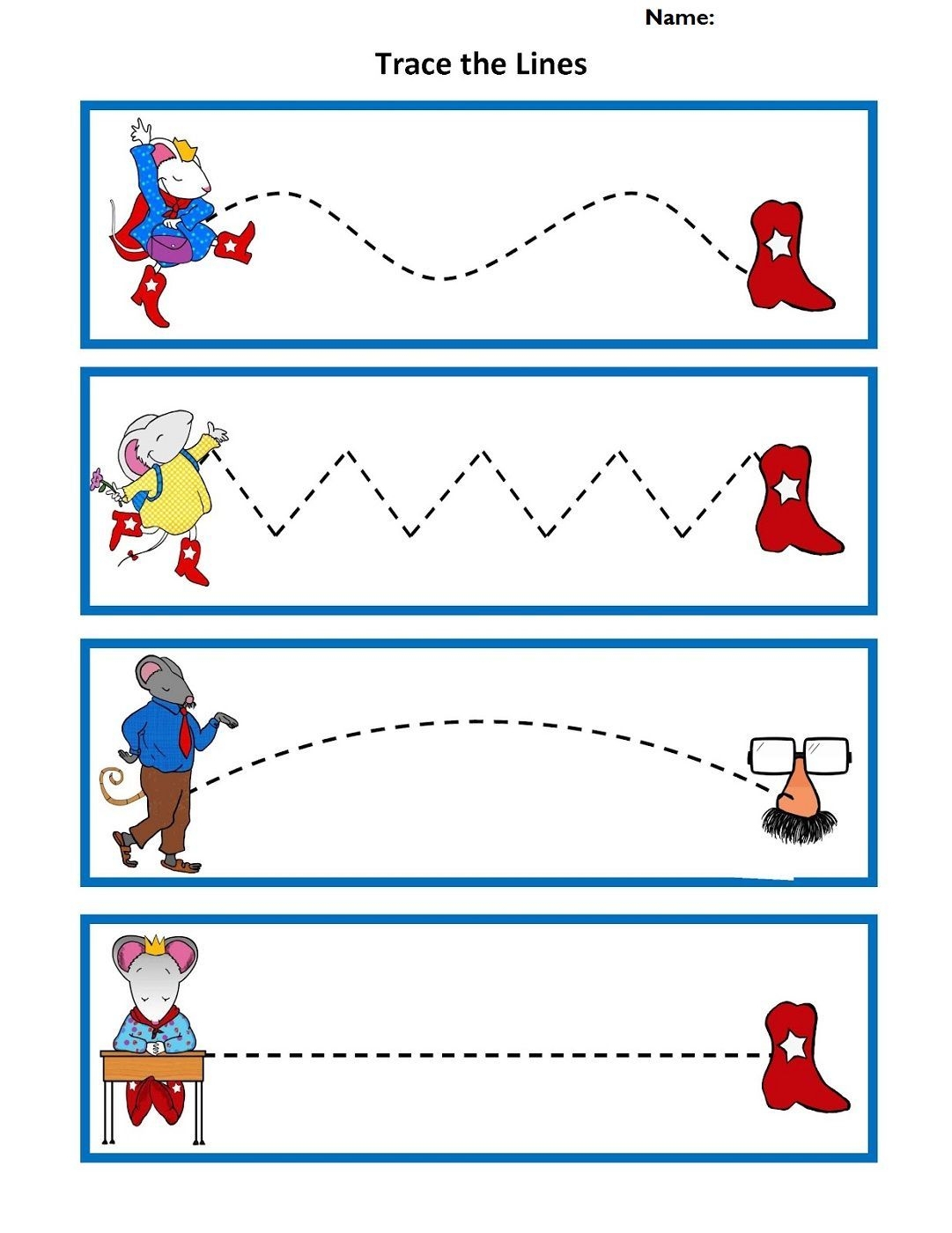As a parent or teacher, finding engaging and educational activities for 4 year olds can be a challenge. One way to help young children develop their fine motor skills and hand-eye coordination is through tracing activities. These activities not only help with pencil grip and control but also aid in letter and number recognition.
Free printable tracing activities are a convenient and cost-effective way to provide children with fun learning opportunities. They can be easily downloaded and printed at home or in the classroom, making them accessible to all. Plus, they come in a variety of themes and designs to keep kids interested and entertained.
Tracing activities for 4 year olds typically include simple shapes, letters, numbers, and pictures that children can trace over with a pencil or crayon. These activities help children practice their writing skills while also improving their hand coordination and control. Some activities even incorporate tracing lines and paths to help with pre-writing skills.
One popular tracing activity for 4 year olds is tracing letters of the alphabet. This not only helps children learn the alphabet but also improves their handwriting skills. Other activities may involve tracing numbers, shapes, or even basic sight words. These activities can be tailored to the child’s skill level and can be repeated as often as needed.
Another benefit of free printable tracing activities is that they can be used as a screen-free alternative to digital devices. Instead of spending time on tablets or smartphones, children can engage in hands-on activities that promote creativity and learning. Tracing activities can also be a fun bonding experience for parents and children to do together.
In conclusion, free printable tracing activities are a valuable resource for parents and teachers looking to support the development of fine motor skills in 4 year olds. These activities are easy to access, versatile, and beneficial for children’s learning and growth. By incorporating tracing activities into daily routines, children can build important skills while having fun at the same time.
